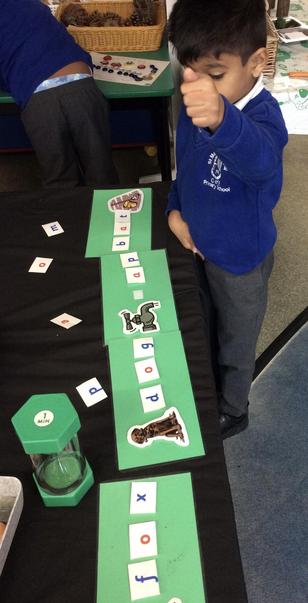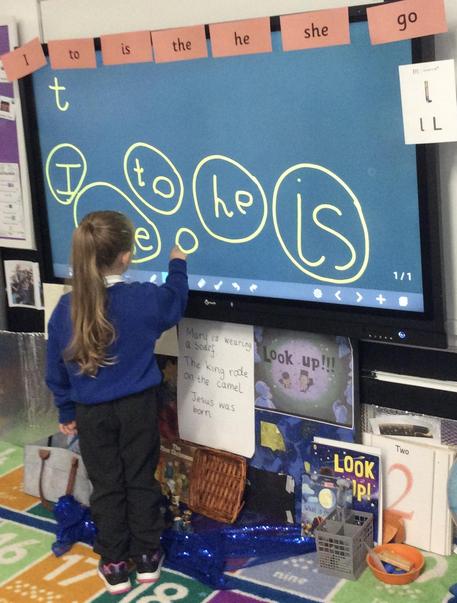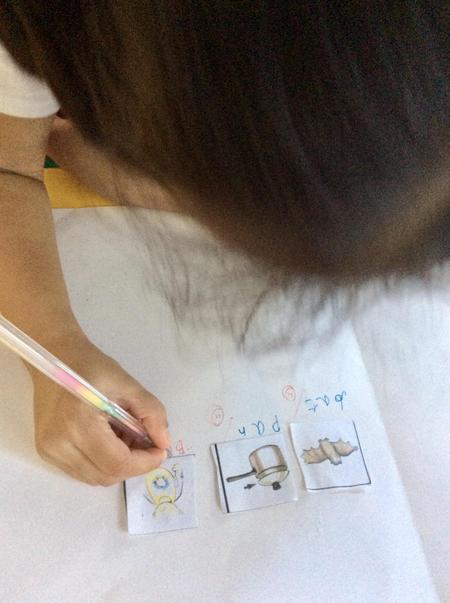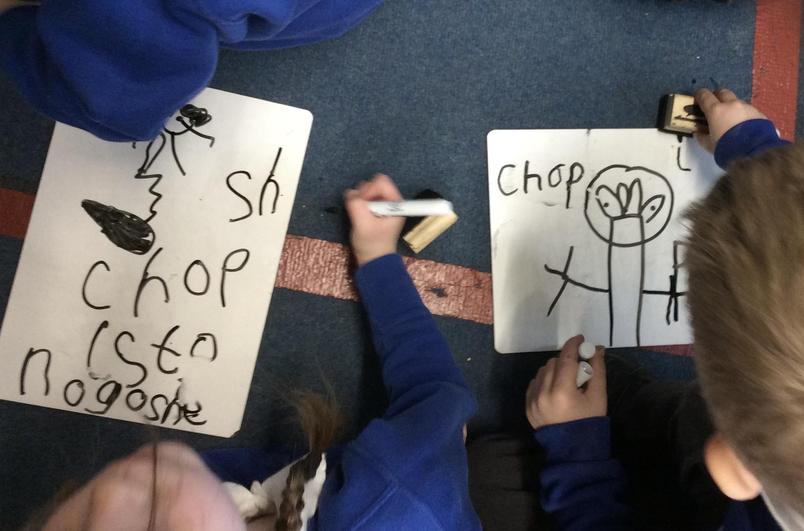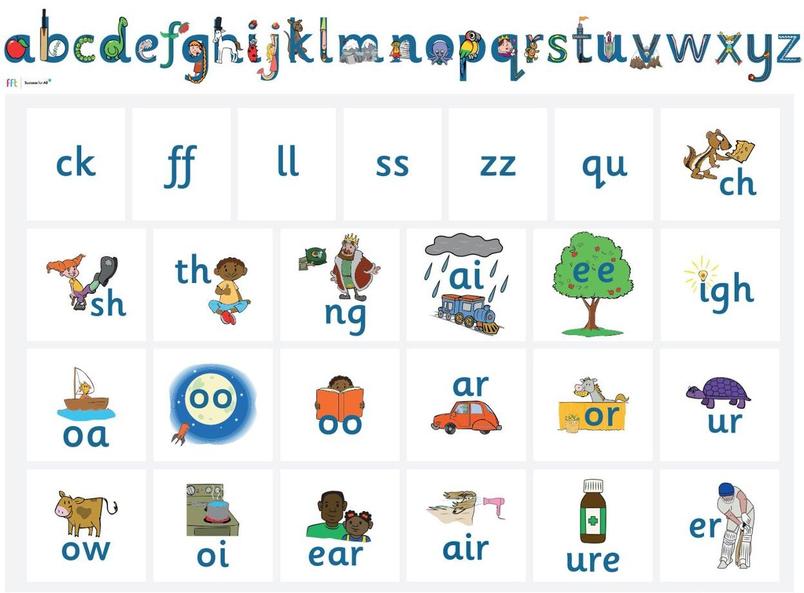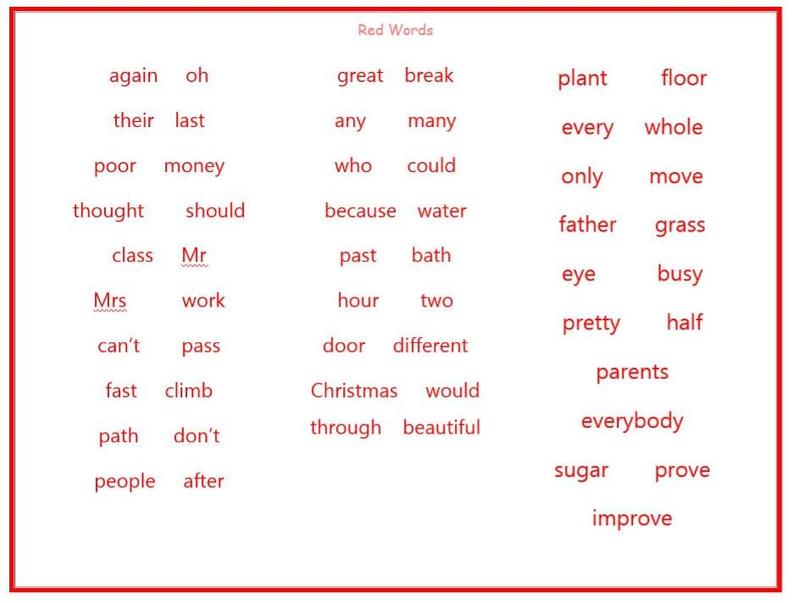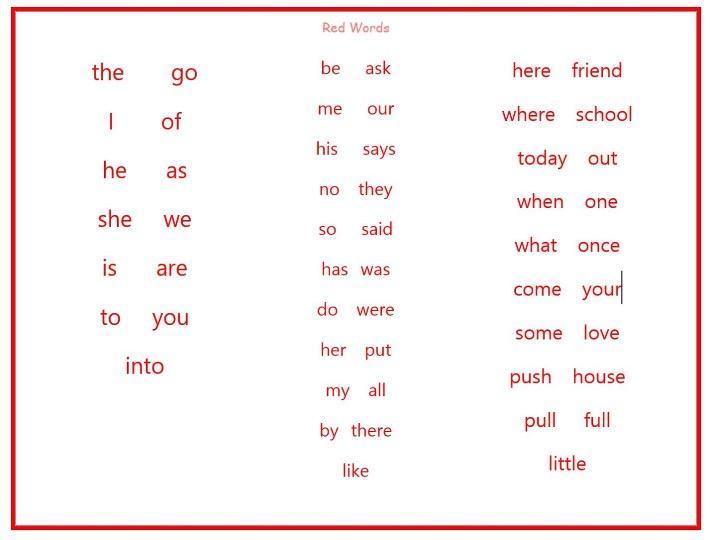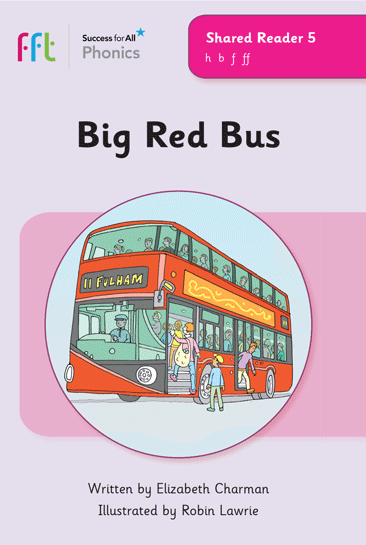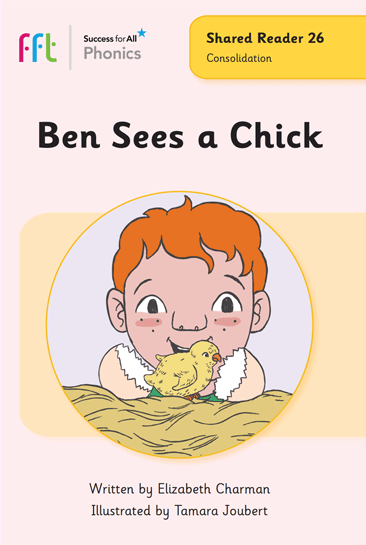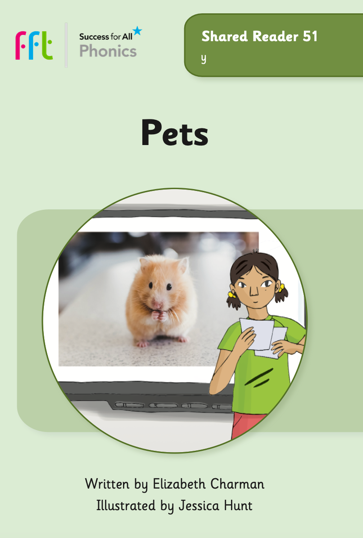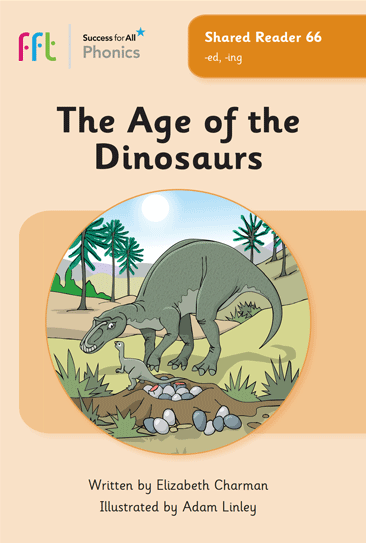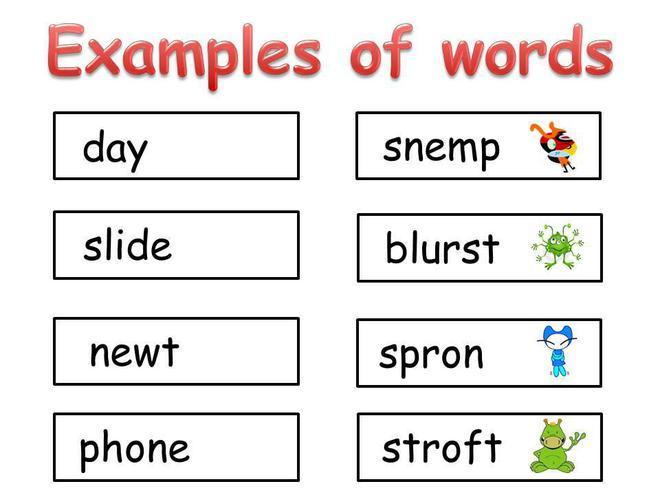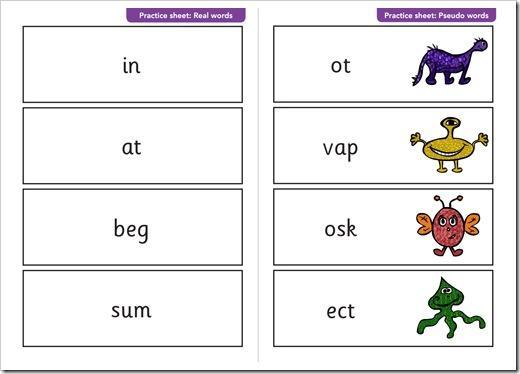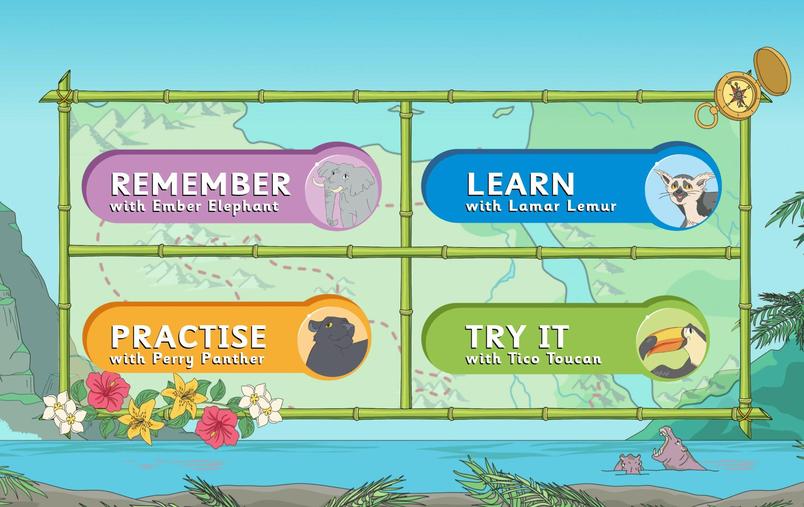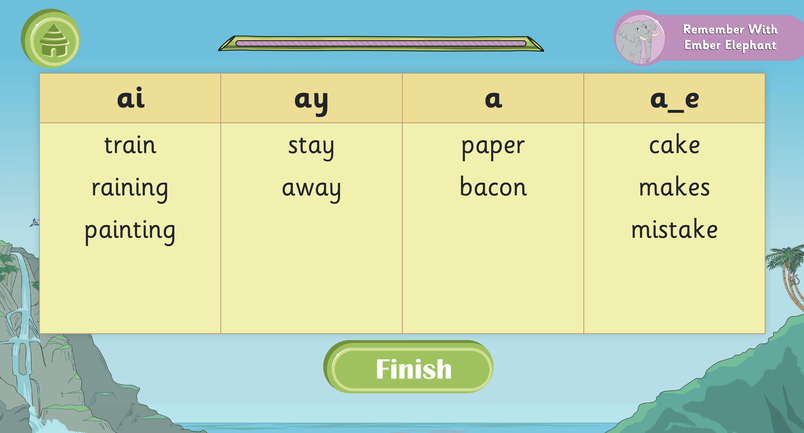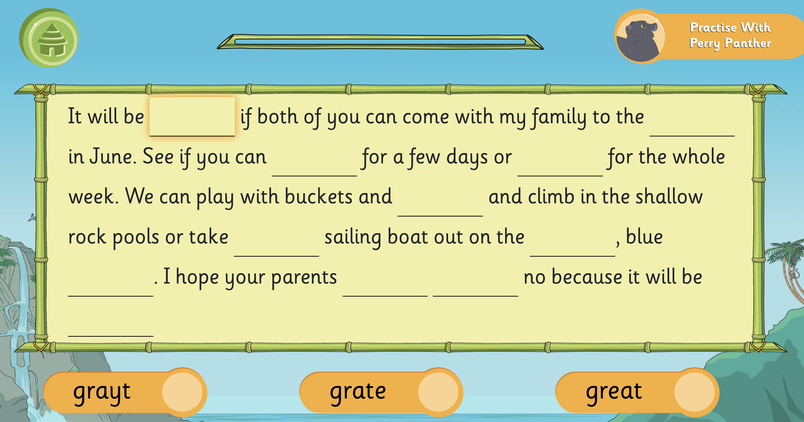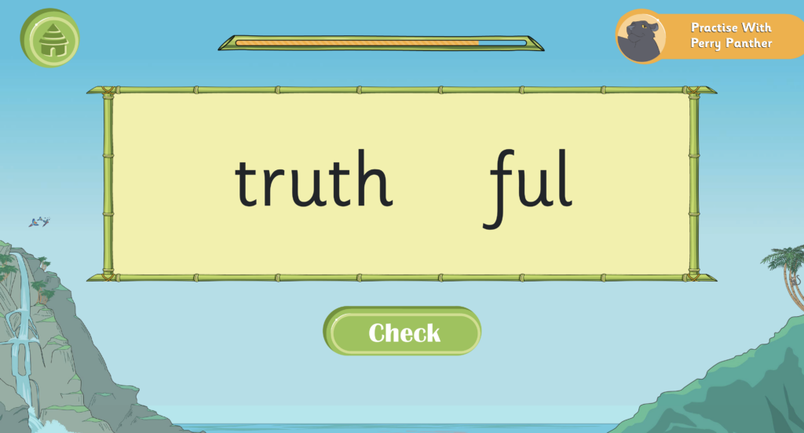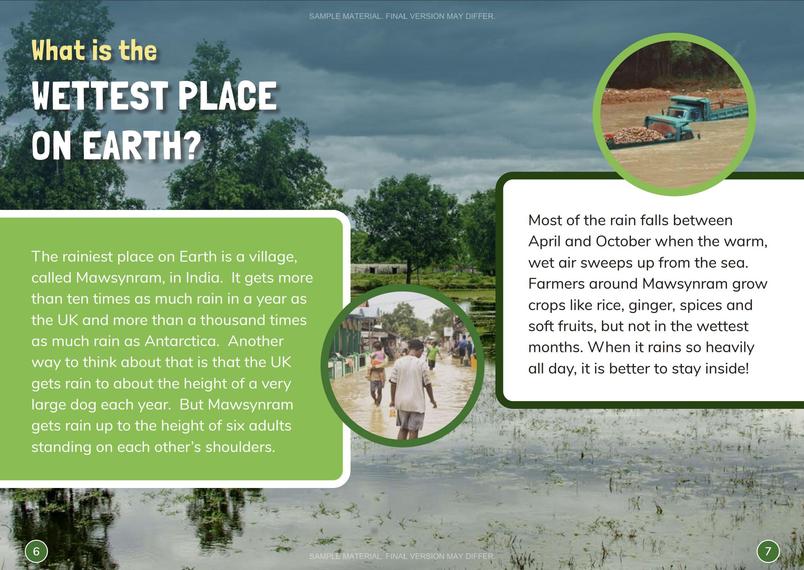Phonics & Early Reading at SMFR
|
|
|
|
|
|
Introducing FFT Success for All Phonics
At SMFR we teach FFT Success for All Phonics. This is a complete systematic synthetic phonics (SSP) programme that has been validated by the Department for Education *DfE). Aimed at nursery children upwards and pioneered by the Success for All Foundation, FFT's second generation programme is offered on a not-for-profit basis and is a highly comprehensive offering.
- FFT Success for ALL PhonicsTake a closer look here...
PHONICS
SMFR wants all children to be successful, confident readers who LOVE reading! We believe this is achievable through a combination of strong, high quality, daily discrete phonics teaching combined with a whole language approach that promotes a true ‘love of reading’ culture – alongside your support at home. Our fabulous recently refurbished library further promotes our strong focus on reading for pleasure. Our reading curriculum is aimed at reinforcing a consistent, high-quality approach to the teaching and learning of phonics across the Early Years Foundation Stage, (EYFS) Key Stage One and on into Key Stage Two for children who may still need further support.
What is Phonics?
Phonics is a way of teaching children how to read and write. It helps children hear, identify and use different sounds that distinguish one word from another in the English language. Phonics involves matching the sounds of spoken English with individual letters or groups of letters. For example, the sound k can be spelled as c, k, ck or ch. Teaching children to blend the sounds of letters together helps them decode unfamiliar or unknown words by sounding them out. For example, when a child is taught the sounds for the letters t, p, a and s, they can start to build up the words: “tap”, “taps”, “pat”, “pats” and “sat”. This skill can then be inverted so that words can be broken down (segmented) into their component sounds in order to spell them. At SMFR we use ‘robot arms’ and ‘phoneme fingers’ to teach your child how to blend for reading and segment for spelling. This is a full body strategy so that children can hear and feel the separate sounds in words alongside seeing or writing them.
Phonics at SMFR
At SMFR we use FFT "Success for All" Phonics (validated scheme) to teach phonics across EYFS, KS1 and beyond where needed. The FFT Phonics programme is designed for daily use from the beginning of the EYFS, enabling children to make a smooth transition from Reception to Key Stage 1. Children have a daily 25-minute phonics session. Each phonics session consists of reviewing previously learnt sounds (GPCs) and then teaching, practising and applying new sounds. This is done at sound, word and sentence level with all children being taught to read and spell words in line with National expectations.
How can you help your child?
Alphabet Chant & Phoneme, Digraph & Trigraph Sound Mats
In our early phonics sessions we practise the letters of the alphabet, their order and the sounds they make. If you want to practise this together at home you can use this link to help you: https://youtu.be/YBiaf6CiwQQ . The images of our alphabet strip and sounds help your child/ren to remember the formation and also the sounds each written letter makes. You can find our pictures, phrases and cues below to help you at home – let your child teach you what they know and enjoy learning together!
FFT Alphabet Chant Powerpoint
Let your child teach you our Alphabet Chant...
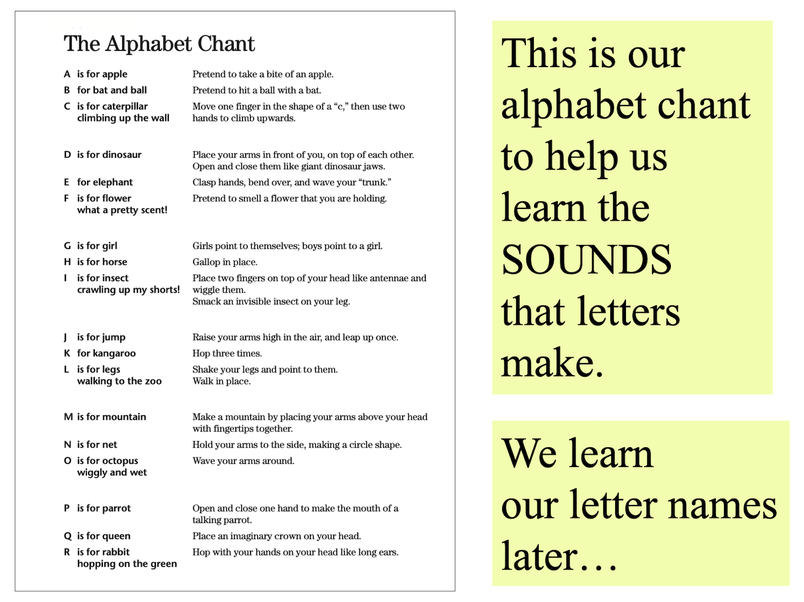
|
|
|
Alliterative Phrases and Letter Writing cues to support sound knowledge and formation of letters as your child learns to read & write...
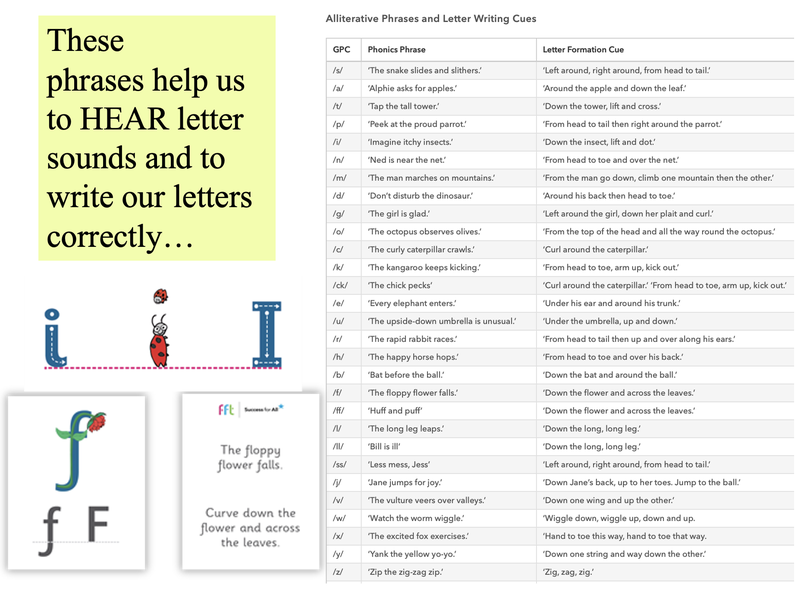
RED ('Tricky') Word Mats
At SMFR your child/ren will be taught to read and write ‘red words’ (‘tricky words’) - these are words that cannot be sounded out so are taught by sight, through daily ‘quick read’ repetition. You can do this at home too as the more the words are seen the better – a quick homework task that will make a HUGE difference! In school we use our red word mats to help us write these words - you could use this mat at home to help your child/ren too.
RED ('Tricky') Word Mats
|
|
|
Shared Reading at SMFR
As part of our FFT "Success for All" we also deliver a daily reading session, based on the phonic skills the children have been taught. Your child will learn the mechanics of phonics but, more importantly, will be taught to apply this skill when reading in school, at home and in their environment. Using fully decodable texts children are given further opportunities to use these skills with teachers modelling how to use this knowledge to support their reading – in lessons and independently. This application is also taught and applied across all curriculum areas.
SHARED READERS
|
|
|
|
|
What is the Phonics Screening Check that your child completes in Year 1?
The phonics screening check is an informal test that children will need to complete at the end of year 1. During the test, which is designed to test their ability to decode words using their phonics knowledge, children will be required to read a mixture of 40 real and nonsense words.
|
|
|
Phonics in Year 2
Some children will continue their phonics learning in Year 2 (and some in KS2) whilst accessing our FFT Phonics Intervention programme ‘Tutoring with the Lightning Squad’. As soon as they are completely confident with applying Phase 3-5 GPCs in both their reading and writing, they will begin our FFT spelling programme ‘Spelling with the Jungle Club’. The spelling sessions follow the four-part phonic lessons with review, teach, practise and apply with fun and interactive activities, designed to motivate pupils and allow teachers to teach and track progress through Y2 National Curriculum objectives for Spelling.
FFT Spelling Progression Document - Year 2
Spelling with The Jungle Club - Year 2
|
|
|
|
|
|
Shared Reading in Year 2 - FFT 'Routes to Reading'
Shared reading lessons continue in Year 2, with the children embarking on our recently established FFT reading programme, ‘Routes to Reading’. This programme supports pupils on their reading journey.
Over the year, they will experience texts from a range of genres and text types. Lessons include opportunities for pupils to use and refine comprehension strategies and complete a bank of reading journal activities. The programme builds on pupils’ phonemic knowledge, decoding, fluency and comprehension skills from Year 1.
Year 2 FFT 'Routes to Reading'
|
|
|
|
|
|
-
OTHER FREE RESOURCES & HOW YOU CAN HELP AT HOME...Please click on the link below to see how you can help your child at home...Here you will find 'Shared Readers' - a free resource for you to use at home together. These are electronic copies of the books your child are reading in class - and your child/ren's teachers will tell you which one/s to focus on so that you can really support your child/ren improve confidence and fluency...
ONLINE HOME LEARNING:
In school we learn different phrases and cues to help us remember the sounds. Please use the video links below to help you practise these sounds at home together too – a little and often can REALLY make a difference!
You can also use the following learning links to help you practise your phonics at home:
- Phonics Play: Online games. Play phase 2, 3 and 4 games.
- Phonics Bloom: Online games. Play phase 2, 3 and 4 games.
- Teach your Monster to Read: Online Games or App
- Alphablocks: Phonics cartoon videos
FFT Success for All Phonics - GPC Set 1
It is SO important how we say our sounds - and we focus on the sounds first - to support spelling. Here is the first set of letters that we have been learning. This video would be useful practice for you to do together at home...
This video includes pronunciation guidance for the following GPCs: s a t p i n m d g o c k ck e u r
FFT Success for All Phonics - GPC Set 2
This video includes pronunciation guidance for the following GPCs: h b f ff l ll ss j v w x y z
FFT Success for All Phonics - GPC Set 3
This video includes pronunciation guidance for the following GPCs: zz qu ch sh th ng ai ee igh oa oo (zoom) oo (book) ar
FFT Success for All Phonics - GPC Set 4
This video includes pronunciation guidance for the following GPCs: or ur ow oi ear air ure er
FFT Success for All Phonics - GPC Set 6
This video includes pronunciation guidance for the following GPCs: a-e e-e i-e o-e u-e
FFT Success for All Phonics - GPC Set 5
This video includes pronunciation guidance for the following GPCs: ay ou ie ea oy ir ue aw ew
FFT Success for All Phonics - GPC Set 7
This video includes pronunciation guidance for the following GPCs: -y (happy) -y (fly) ow soft c (ice) soft g (gem) ire are tch oe ph
Below is the PHONICS TERMINOLOGY that we teach your child/ren: Knowing these terms will help you know what we are teaching your child/children. Please take a look and do ask if you have any questions at all...
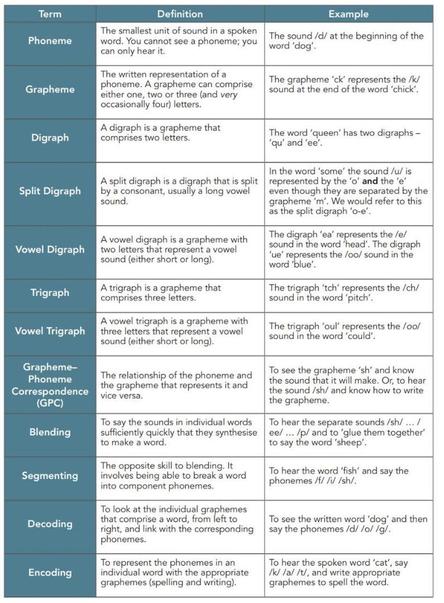
The Importance of supporting your child/ren at home
As a school we hold phonics workshops for our EYFS and KS1 parents – please do come along so that we can help you to help your child learn – and you can really make a HUGE difference to your child’s progress.
Early reading really is THE most important skill you can support your child with when they start school. To share stories, learn patterns in stories, ask questions, re-tell stories and notice print is crucial and your part in this journey is essential. Your child will bring home a reading book every day in their book bag, alongside a reading record. Children should be reading to an adult at home daily – and it is SO important to keep re-reading the same book to develop fluency and confidence. It is equally important to share stories chosen at home or from the library – so that your child can enjoy books with you in a safe and cosy space. When reading please focus on the front page and read the red and green words with your child before moving on to read their book. Please record when you have read with your child in their reading record. Books will be changed regularly and as required.
Our Autumn Term Phonics Workshop is here if you missed it...
FFT Tutoring with The Lightning Squad - our Phonic & Reading Intervention Programme
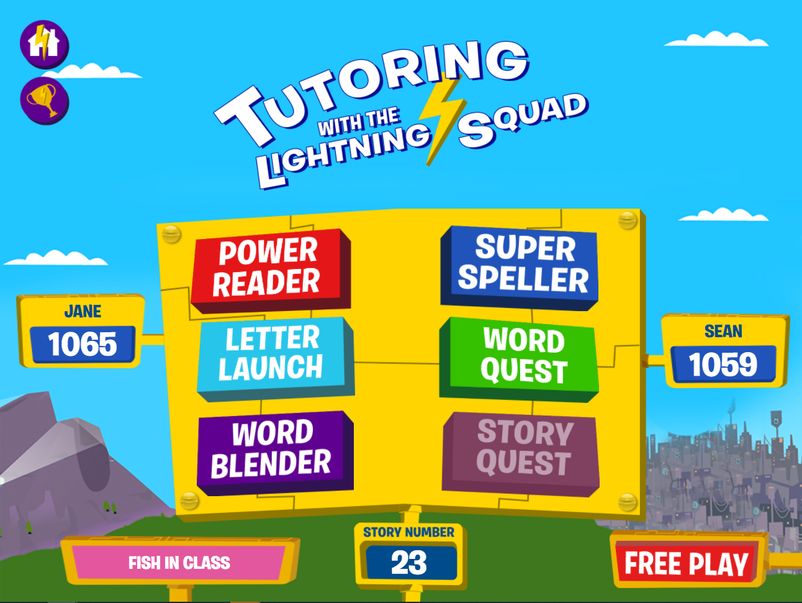
- Tutoring with The Lightening Squad - click on the link below to see how we may be supporting your child...FFT Tutoring with the Lightning Squad is a reading tutoring programme where children work in pairs or small groups with a teacher or LSA to improve their reading skills. It is an online tutoring platform, supported by face to face support. Here at SMFR we have just started to roll out this FFT catch-up programme.

